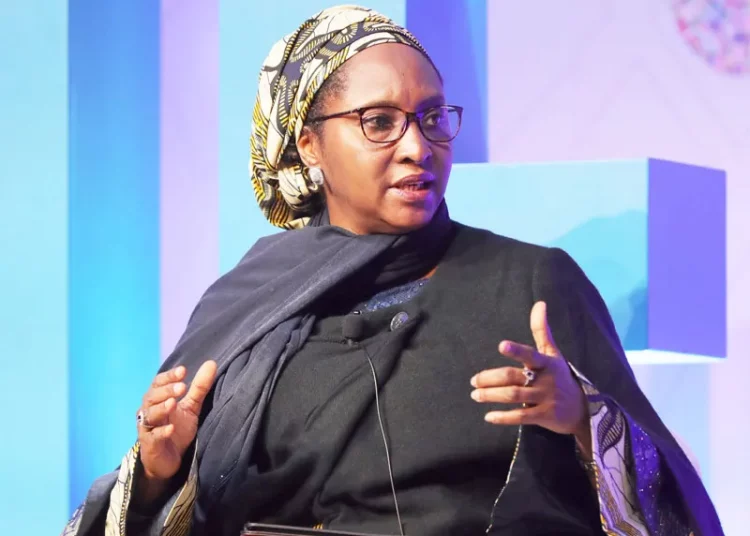The federal government has earmarked the sum of N144.8 billion in the 2023 budget as part of efforts to facilitate adequate funding in protecting Nigerian schools from attacks.
Minister of finance, budget and National planning Zainab Ahmed who made the disclosure yesterday in Abuja at the launch of the National Plan on Financing Safe Schools-2023-2026. The plan is designed for implementation between 2023-2026, with a total investment size of N144.8 billion.
The Plan proposes N32.58 billion in 2023, N36.98 billion in 2024, N37.15 billion in 2025, and N38.03 billion in 2026, respectively.
The minister said out of the total funds required for the project, government has made a provision of N15 billion in the 2023 budget, leaving a funding gap of N13.6 billion in 2023, expected to be filled by state governments, agencies, the private sector, and development partners interested in supporting Nigeria.
The finance minister also disclosed that federal government is targeting to grow Nigeria’s Gross Domestic Product (GDP) to $12 trillion by 2050, with an average real GDP growth rate of 7 percent and an end period per capita income of $33,000 per annum.
Government is making the projection in a development agenda (Agenda 2050) currently being finalised by the Ministry of Finance, Budget and National Planning.
The national plan focuses on achieving inclusive growth through the implementation of the long-term economic transformation blueprint aimed at mitigating current developmental challenges and attaining the upper middle-income country status.
“These lofty targets can only be actualised if all critical stakeholders collaboratively create safer teaching and learning environments across Nigeria via critical intervention investments as captured in the validated costed plans of action,” she stated.
Director-general of the Department of State Service Yusuf Magaji Bichi said the service will all tactical and human assets to protect the schools from vandals and terrorists in collaboration other security agencies. The DSS pledged to ensure that all schools are safe for teaching and learmimg.
The data-driven national plan on financing safe schools amongst others intends to achieve measurable outcomes such as a reduction in the number of out-of-school children and improve Nigeria’s rating in human capital index in the long run.
The finance minister charged all critical stakeholders, especially implementing agencies to ensure that they prioritise funding the identified costed plans of action aimed at “ensuring we safeguard our teaching and learning environments.”
The current administration is prioritising improvement in health, education and productivity of Nigerians, the cross-cutting priority area Ahmed said would receive an immense boost from the achievement of the objectives of the National Plan on Financing Safe Schools.
Also in his goodwill message, the Inspector-general of Police, Alkali Baba Usman noted that the Chibok Girls saga opened the public eyes to insecurity of schools as the menace soon spread to other schools.
“We need to keep schools safe to produce future leaders. Both the structure, standard, discipline, curriculum, teachers, extracurricular activities etc must be protected.
He called for collaboration and synergy among all stakeholders as the task of safeguarding schools cannot be left to school management and parents.
In his speech, Mr Goodluck Nana Opia, Minister of State, Education, said there was a need to develop state plan to address continuity of learning if schools are shut down due to insecurity.





